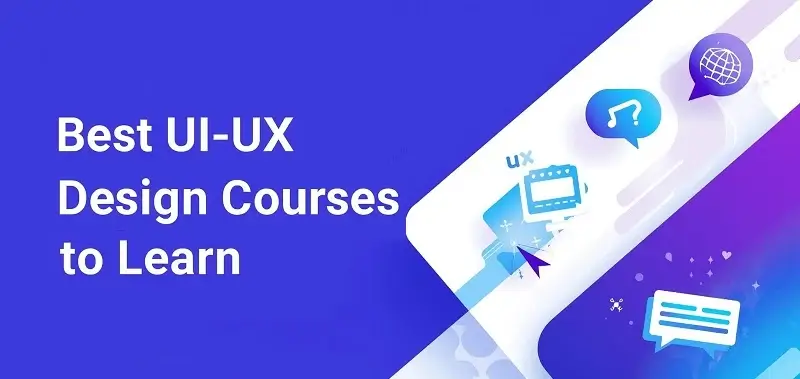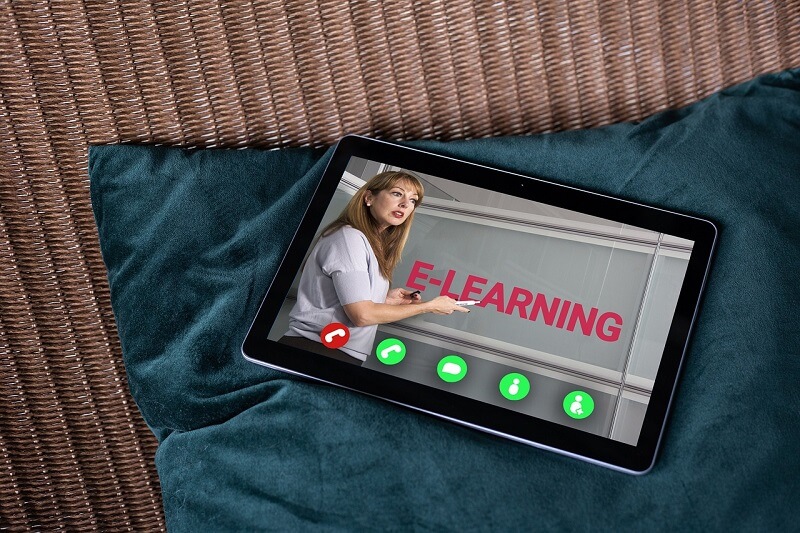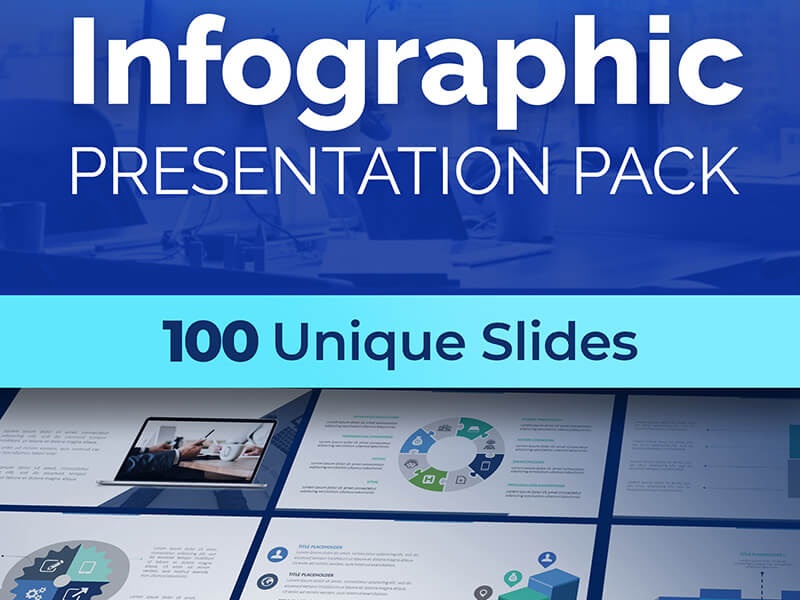
How Modern Education Builds Success is evident in how today’s learning systems have evolved. Education has always been the foundation of progress — from the first day in a classroom to the moment we step into our dream job, learning shapes who we are and how we navigate the world. But today’s education system looks very different from what it was even a decade ago. The rise of technology, online learning, and skill-based education has transformed the path from classroom to career into a more flexible, personalized journey.
In this article, we’ll explore how modern education empowers students to build successful careers — and how the digital world has redefined what learning truly means.
The Shift from Traditional to Modern Learning
Gone are the days when education meant sitting in a classroom, listening to lectures, and taking handwritten notes. Today, learning has expanded beyond physical walls. Platforms like Educationbeing com: Learn – Lead & Excel exemplify this change by offering virtual classrooms, interactive tools, and global access to knowledge, creating endless possibilities for students around the world.
Modern education focuses less on memorization and more on application — developing problem-solving, creativity, and adaptability. As institutions move toward mobile-first learning experiences, solutions like education mobile app services help schools and universities deliver personalized learning, real-time communication, and seamless access to academic resources for students and staff. These are the very skills employers now seek in a rapidly changing job market. At the same time, the growth of online education has created new challenges for students juggling multiple responsibilities. Many students even search for help online, using phrases like “pay someone to do my online class” to manage their workload. MyAssignmenthelp understands these challenges and offers flexible academic assistance that helps students stay on track in today’s fast-paced environment.
Online learning platforms, for instance, allow students to pursue degrees, certifications, or specialized skills from anywhere. This flexibility helps working professionals and busy students manage their schedules more effectively. It’s no surprise that online education has become one of the most powerful tools for career growth.
Learning Beyond the Textbook
One of the biggest strengths of modern education is its ability to connect theory with real-world practice. Students no longer just learn from textbooks — they engage in simulations, projects, internships, and collaborative problem-solving tasks.
This practical learning approach ensures that graduates are job-ready. Employers appreciate candidates who can apply knowledge, not just recall it. For example, engineering students might work on live design projects, while business students analyze case studies from real companies.
These experiences not only build technical competence but also strengthen communication, teamwork, and leadership — soft skills that are vital for long-term success.
How Technology Bridges the Gap Between Education and Employment
Technology has become the backbone of modern education. Artificial intelligence, cloud computing, and e-learning platforms have made it possible for students to learn anytime, anywhere.
Virtual labs, online discussions, and AI-powered tutors are breaking down barriers that once limited access to quality education. For professionals, upskilling has never been easier — they can enroll in short online courses to keep their knowledge up-to-date without quitting their jobs.
At the same time, the convenience of online study also comes with challenges. Many learners struggle to balance work, family, and education. In such cases, students often search for academic help online, using terms like “pay someone to do my online class.” While outsourcing academic tasks isn’t a long-term solution, it shows how demanding online education can be. The key is to find balance, seek legitimate tutoring support, and stay committed to genuine learning.
The Rise of Skill-Based Education
Modern education recognizes that every learner is different. Instead of following a one-size-fits-all model, institutions now focus on competency-based education — emphasizing skills over grades.
Coding, digital marketing, data analysis, and communication are now considered core career skills. Students can acquire these through bootcamps, micro-credentials, and online certifications, which often hold as much value as traditional degrees in the modern workplace.
Employers today want candidates who can demonstrate what they can do, not just what they studied. This shift has redefined success and opened doors for people from all walks of life.
Adapting to a Future of Lifelong Learning
The truth is, education doesn’t end with graduation. In our fast-changing world, continuous learning is essential. Whether it’s through professional development courses, workshops, or online programs, staying relevant is a lifelong pursuit.
Modern education teaches students not just to learn — but to keep learning. The curiosity, critical thinking, and adaptability gained in today’s classrooms become invaluable assets in every stage of a career.
By viewing education as an ongoing journey, professionals can evolve with industry trends and remain competitive in the global job market.
Conclusion: Building Success Through Modern Education
The path from classroom to career is no longer a straight line. It’s a dynamic, evolving process powered by technology, innovation, and flexibility. Modern education equips learners with more than just academic knowledge — it builds character, confidence, and creativity.
While tools like online learning make education accessible to everyone, success ultimately depends on how much effort and passion a learner invests. Whether through classroom lessons or digital platforms, modern education continues to be the most powerful bridge between aspiration and achievement.







